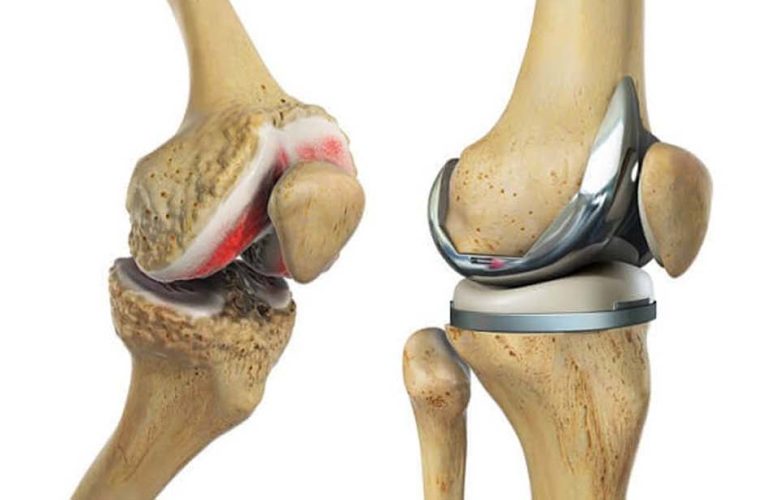Pregnancy and Hemorrhoids: Tips for Prevention and Relief
Introduction
Pregnancy is a beautiful journey filled with excitement and anticipation, but it can also bring about various challenges, one of which is haemorrhoids. Hemorrhoids, often referred to as piles, are swollen veins in the rectal and anal areas that can cause discomfort and pain. For expectant mothers, understanding haemorrhoids during pregnancy is crucial for prevention and relief. In this blog post, we will explore the causes, prevention strategies, home remedies, medical treatments, and lifestyle changes to help manage haemorrhoids during this delicate time.
Understanding Hemorrhoids During Pregnancy
Hemorrhoids are a common occurrence during pregnancy, affecting a significant number of women. The increased pressure on the pelvic area, particularly the veins around the rectum and anus, is a primary contributor to the development of haemorrhoids. Additionally, hormonal changes can lead to the relaxation of blood vessels, making pregnant women more susceptible to these swollen veins.
Causes of Hemorrhoids During Pregnancy
Several factors contribute to the development of haemorrhoids in pregnant women:
- Increased pressure: The growing uterus puts pressure on the pelvic veins, hindering the smooth flow of blood and causing veins to swell.
- Hormonal changes: Pregnancy hormones can relax blood vessels, making them more prone to swelling and the formation of haemorrhoids.
- Constipation: Hormonal changes and pressure on the intestines can lead to constipation, a common issue during pregnancy. Straining during bowel movements can exacerbate haemorrhoid symptoms.
Prevention Strategies for Pregnant Women
Preventing haemorrhoids during pregnancy involves adopting healthy habits to minimize pressure on the rectal area:
- Maintain a healthy diet: Eat fibre-rich foods like fruits, vegetables, and whole grains to prevent constipation and promote regular bowel movements.
- Stay hydrated: Drink plenty of water to keep stools soft and prevent straining during bowel movements.
- Exercise regularly: Engage in gentle exercises, such as walking or prenatal yoga, to improve circulation and reduce pressure on the pelvic area.
- Avoid prolonged sitting or standing: Change positions regularly to alleviate pressure on the rectal veins.
Home Remedies for Hemorrhoid Relief
For pregnant women experiencing mild haemorrhoid symptoms, there are several home remedies to find relief:
- Warm baths: Soak in a warm bath to ease discomfort and reduce swelling.
- Ice packs: Apply ice packs to the affected area for short periods to alleviate pain and swelling.
- Witch hazel pads: Use witch hazel pads to soothe irritation and reduce inflammation.
- Kegel exercises: Strengthen pelvic floor muscles with Kegel exercises to improve circulation and reduce pressure on veins.
Medical Treatments and Interventions
In cases where home remedies are insufficient, medical treatments may be necessary:
- Topical treatments: Over-the-counter creams or ointments containing hydrocortisone can provide relief from itching and inflammation.
- Sitz baths: Medicated sitz baths with Epsom salts or other soothing agents can be recommended by healthcare providers.
- Rubber band ligation: In severe cases, a healthcare professional may use rubber band ligation to cut off blood supply to the haemorrhoid, causing it to shrink.
- Surgical options: Surgical procedures, such as hemorrhoidectomy, may be considered in rare and severe cases.
Lifestyle Changes to Alleviate Symptoms
To manage haemorrhoids effectively during pregnancy, consider making these lifestyle changes:
- Practice good hygiene: Keep the anal area clean and dry after bowel movements to prevent irritation.
- Use soft toilet paper: Choose soft, unscented toilet paper to avoid further irritation.
- Elevate hips during sleep: Place a pillow under your hips while sleeping to reduce pressure on the rectal veins.
- Wear loose, comfortable clothing: Avoid tight clothing that may contribute to increased pressure on the pelvic area.
Conclusion: Managing Hemorrhoids During Pregnancy
Pregnancy brings about various physical changes, and haemorrhoids are a common concern for many expectant mothers. By understanding the causes and implementing preventive strategies, along with home remedies and medical interventions when needed, pregnant women can effectively manage and alleviate haemorrhoid symptoms. Remember to consult with a healthcare professional for personalized advice and treatment options tailored to your specific needs during this special time.
![]()




